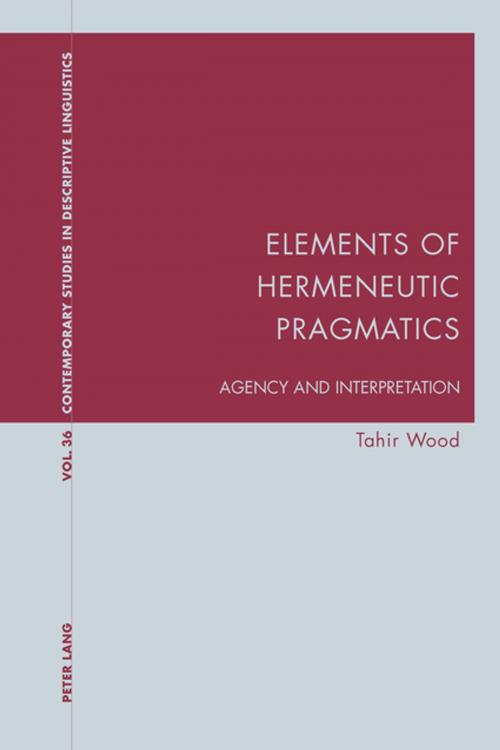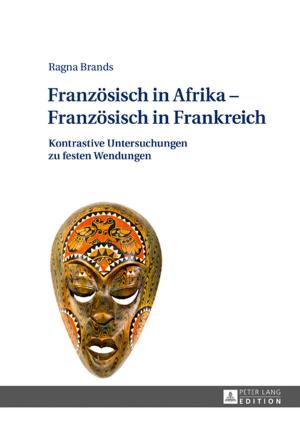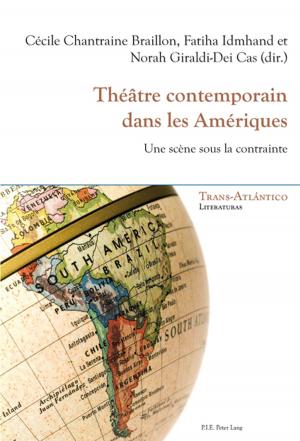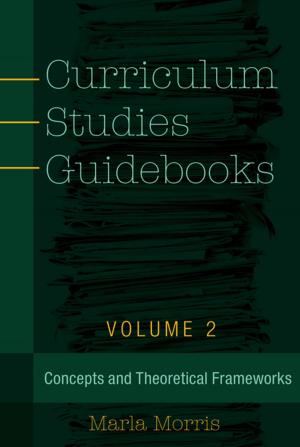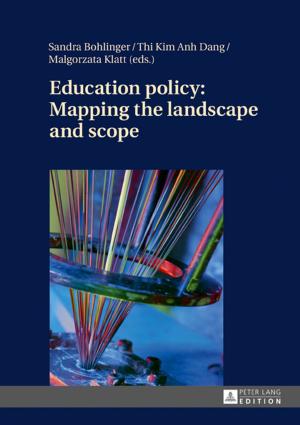Elements of Hermeneutic Pragmatics
Agency and Interpretation
Nonfiction, Reference & Language, Language Arts, Public Speaking, Speech, Linguistics| Author: | Tahir Wood | ISBN: | 9783035396683 |
| Publisher: | Peter Lang | Publication: | December 15, 2014 |
| Imprint: | Peter Lang AG, Internationaler Verlag der Wissenschaften | Language: | English |
| Author: | Tahir Wood |
| ISBN: | 9783035396683 |
| Publisher: | Peter Lang |
| Publication: | December 15, 2014 |
| Imprint: | Peter Lang AG, Internationaler Verlag der Wissenschaften |
| Language: | English |
Can linguistic pragmatics be developed without the need to formulate rules, criteria or maxims? The author argues that rules as they have been conceived of within pragmatics, particularly speech act theory, are limiting and out of step with the linguistic science of recent decades.
Using a hermeneutic approach to pragmatics, this book seeks to bring pragmatics closer to the cognitive paradigm that has transformed the other branches of the linguistic and communication sciences, with the help of developments in certain neighbouring disciplines such as philosophy, sociology and narratology. The elements that are opened up to pragmatics in this approach include some new conceptions of intentionality, intertextuality, communicative action and literary authorship, as well as the subjectivity of interpretation, which by its very nature ceaselessly transforms all forms of communication in its historical spiral.
Can linguistic pragmatics be developed without the need to formulate rules, criteria or maxims? The author argues that rules as they have been conceived of within pragmatics, particularly speech act theory, are limiting and out of step with the linguistic science of recent decades.
Using a hermeneutic approach to pragmatics, this book seeks to bring pragmatics closer to the cognitive paradigm that has transformed the other branches of the linguistic and communication sciences, with the help of developments in certain neighbouring disciplines such as philosophy, sociology and narratology. The elements that are opened up to pragmatics in this approach include some new conceptions of intentionality, intertextuality, communicative action and literary authorship, as well as the subjectivity of interpretation, which by its very nature ceaselessly transforms all forms of communication in its historical spiral.
